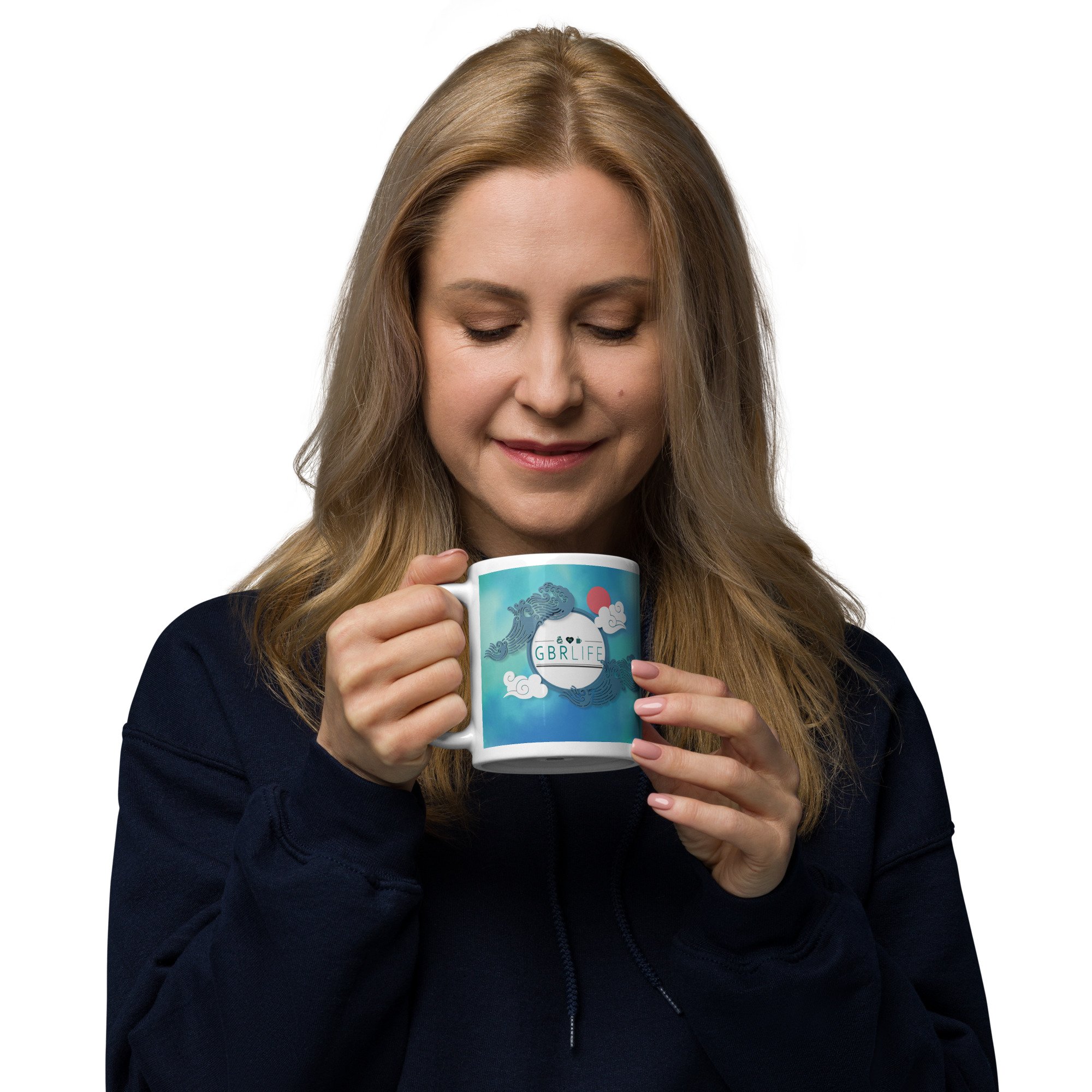How I Stopped Stressing Over Things I Can’t Control
I used to be a world-class overthinker. If there was an Olympic event for spiraling over things I had zero control over, I would’ve walked away with a gold medal and a lifetime supply of anxiety meds.
I stressed over what people thought of me, how situations might play out, what someone could be thinking, and about 10,000 hypothetical disasters that never actually happened. And let me tell you—it was exhausting.
Then, one day, I had a breakthrough. Not because I magically figured life out (I wish), but because I realized something painfully obvious:
I was the only one suffering.
Image Credit: Midjourney AI
The situations I obsessed over? Other people had already moved on. The things I worried about? Completely out of my control. And even if I could have controlled them, my stress wasn’t doing a damn thing to help.
So I decided: I was done. Done letting stress eat me alive. Done handing over my peace to things that weren’t mine to fix. Done letting anxiety run the show.
It wasn’t easy. But little by little, I shifted my mindset. And now? I don’t stress over things I can’t control. (Okay, mostly. I’m not a monk.) But I can say with 100% confidence that I handle life way differently than I used to.
It started with one hard truth that I couldn’t ignore: stress won’t change anything.
I had to sit with this for a while because I wanted to believe that worrying somehow gave me power over a situation. Spoiler alert: it doesn’t.
No amount of stress has ever changed the outcome of a situation. Not once. Ever.
But what it does do?
Steals my peace.
Wastes my time.
Wears me down.
That realization was a slap in the face. I thought my stress was productive—it wasn’t. It was just an emotional hamster wheel, and I was running in place.
So every time I caught myself spiraling, I asked:
“Is this helping me, or is this hurting me?”
If the answer was “hurting,” I made myself stop. It was uncomfortable at first, like trying to break a bad habit. But eventually, it became automatic.
Letting go wasn’t easy, but I had to learn that control is an illusion.
I used to think “letting go” meant giving up, but I was wrong. Letting go doesn’t mean you stop caring—it means you stop gripping so tightly onto things that aren’t yours to hold.
And when I really thought about it, I realized how many things I had been trying to control that were never mine in the first place.
Image Credit: Midjourney AI
I can’t control what other people think.
I can’t control how someone reacts to me.
I can’t control random life events that come out of nowhere.
But I can control how I respond. I can control how much energy I give to something. I can control where I focus my attention.
So I made a deal with myself: if something was outside of my control, I wasn’t allowed to dwell on it. I could acknowledge it, process it, and then redirect my focus.
And over time? I realized that letting go isn’t about ignoring problems—it’s about accepting reality.
I also had to make a decision: peace or chaos?
At some point, you have to choose. Do you want to keep overthinking, stressing, and trying to predict every possible outcome? Or do you want peace?
Because peace doesn’t just happen. You have to protect it.
So I made a new rule for myself: if something wasn’t serving my peace, I wasn’t entertaining it. Period.
If I couldn’t control it? Not my problem.
If it was sucking the life out of me? Not worth my energy.
If someone was being toxic? Not my responsibility to fix.
And that shift? Liberating.
It took real effort, but here’s what actually helped me stop stressing.
If you’re a chronic overthinker like I was, you’re probably thinking, Okay, but HOW do I just stop stressing?
Here’s what worked for me:
I caught myself in the act. The second I started spiraling, I paused and asked, “Is this helping?” If not, I redirected my energy.
I physically did something else. When my brain wouldn’t shut up, I got up and did something—went for a walk, cleaned something, made coffee—just to break the cycle.
I changed my language. Instead of saying, “I can’t stop worrying,” I started saying, “I don’t have to solve this right now.” It’s a small tweak, but it made a huge difference.
I started focusing on what I could control. Instead of stressing over things I couldn’t change, I put my energy into the things I could—my mindset, my responses, my next steps.
I reminded myself that life keeps moving. Whatever I was stressed about? In a week, a month, or a year, it wouldn’t matter as much as I thought it did.
The biggest lesson in all of this? I don’t need to control everything—I just need to trust that I’ll handle it.
Because here’s the truth: stress loses its grip when you stop feeding it.
I won’t sit here and tell you that I never stress anymore. I do. But it doesn’t own me the way it used to.
Now, I know that whatever happens, I’ll handle it. I’ve survived every hard thing I thought would break me, and I’ll survive the next one too.
And you will, too.
If You Loved This, You’ll Love These Too:
Have You Heard The Latest Episode of GBRLIFE of Crimes?
GBRLIFE has so much more:












